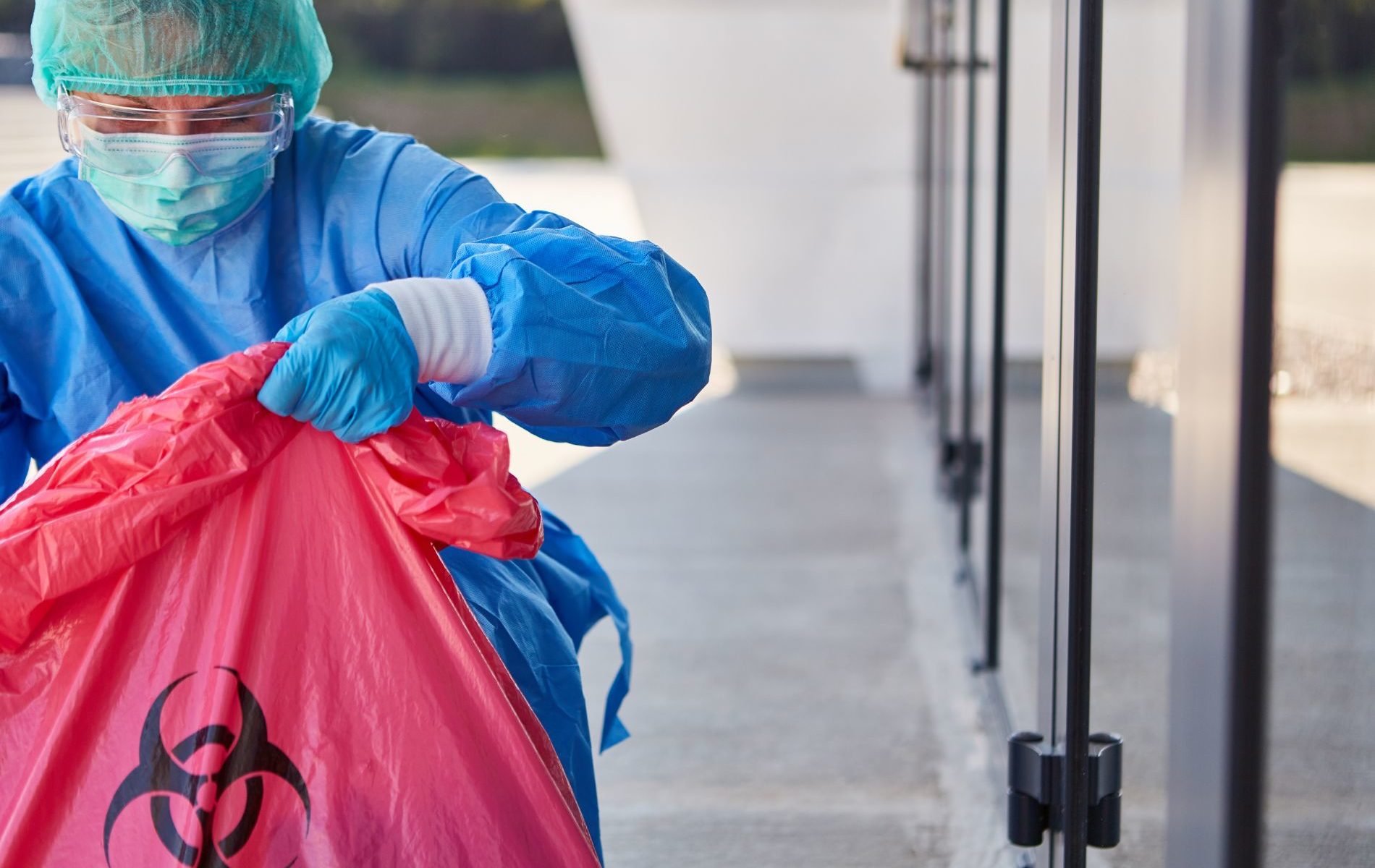Not known Facts About Reclaim Waste
Not known Facts About Reclaim Waste
Blog Article
Not known Incorrect Statements About Reclaim Waste
Table of ContentsThe Definitive Guide to Reclaim WasteThe Single Strategy To Use For Reclaim WasteNot known Factual Statements About Reclaim Waste The Greatest Guide To Reclaim WasteThe Best Strategy To Use For Reclaim Waste
Residential sewer waste refers to the waste and products from a household septic tank. The appropriate monitoring and disposal of domestic sewage waste need fluid waste to be transferred to a sewer treatment plant where the appropriate methods and equipment are used to cleanse and dispose of waste.
Commercial waste often includes possible threats, such as combustible products or a combination of liquid and solid waste products, and calls for a much more innovative and in-depth disposal process. The disposal of commercial waste generally entails the filtering of waste prior to transportation to make sure secure and proper disposal. Industrial waste is produced from results and runoff of industrial procedures and manufacturing.
This kind of waste can not use the exact same sewer management transportation or procedures as septic or industrial fluids. The hazardous waste monitoring procedure requires the assessment and screening of fluid waste before it undertakes the disposal procedure (liquid waste disposal). Overflow waste is the liquid waste that originates from overflow and excess stormwater in very booming locations or cities
Drainage waste can cause contamination and flooding if not dealt with appropriately. Guaranteeing appropriate waste administration can stop disasters and minimize ecological harm.
What Does Reclaim Waste Do?
Get in touch with PROS Providers today to find out about our waste management and disposal solutions and the proper means to take care of the liquid waste you produce.
(https://reclaim-waste-f27e88.webflow.io/)Do you recognize what happens to your water when you disengage, purge the commode or drain pipes the cleaning maker? No? Well, it's worth understanding. This so-called 'wastewater' is not just an essential source however, after therapy, will be launched to our land, rivers or the ocean. Utilized water from toilets, showers, bathrooms, kitchen area sinks, washings and industrial processes is understood as wastewater.

water used to cool down machinery or clean plant and equipment). Stormwater, a form of wastewater, is runoff that flows from farming and urban locations such as roofing systems, parks, yards, roadways, paths and seamless gutters into stormwater drains pipes, after rain. Stormwater streams neglected straight to regional creeks or rivers, eventually getting to the ocean.
The 25-Second Trick For Reclaim Waste
In Queensland, most wastewater is dealt with at sewer treatment plants. Wastewater is transferred from try this website domestic or industrial sites via a system of sewage systems and pump stations, called sewerage reticulation, to a sewage treatment plant. City governments build, maintain and operate most sewage treatment plants. Operators are certified under the Environmental Defense Act 1994 to discharge treated wastewater at an appropriate environmental criterion into rivers.
The Department of Natural Resources advises local governments about handling, operating and maintaining sewage systems and therapy plants. In unsewered areas, city governments may require householders to set up specific or home sewer treatment systems to deal with domestic wastewater from commodes, kitchens, washrooms and laundries. The Department of Natural Resources authorises using household systems when they are proven to be reliable.
In some brand-new communities, treatment of some stormwater to eliminate litter, sand and gravel has begun making use of gross toxin catches. Wastewater treatment takes place in four phases: Gets rid of strong issue.
Makes use of tiny living microorganisms knows as micro-organisms to break down and remove continuing to be dissolved wastes and fine particles. Micro-organisms and wastes are included in the sludge.
The Basic Principles Of Reclaim Waste
Nutrient elimination is not available at all sewage therapy plants due to the fact that it calls for costly specialist equipment. Clear liquid effluent produced after therapy might still consist of disease-causing micro-organisms - liquid waste removal.

A lot of wastewater flows into the sewage system. Under the Act, regional federal governments provide approvals and licences for ecologically appropriate tasks (Ages) entailing wastewater releases that might have a regional influence.
All about Reclaim Waste
Monitoring provides factual information about water high quality and can validate that licence conditions are being satisfied. The information obtained with tracking supplies the basis for making water quality choices.
Report this page